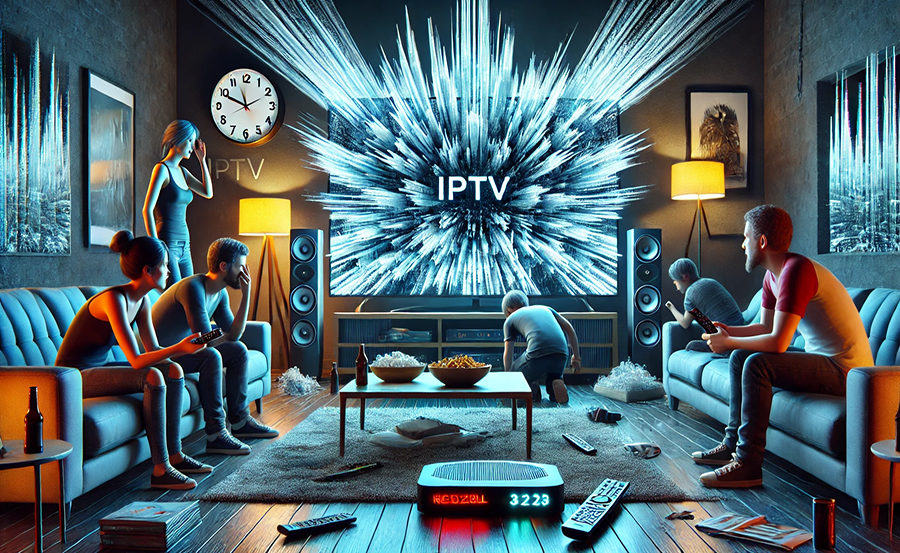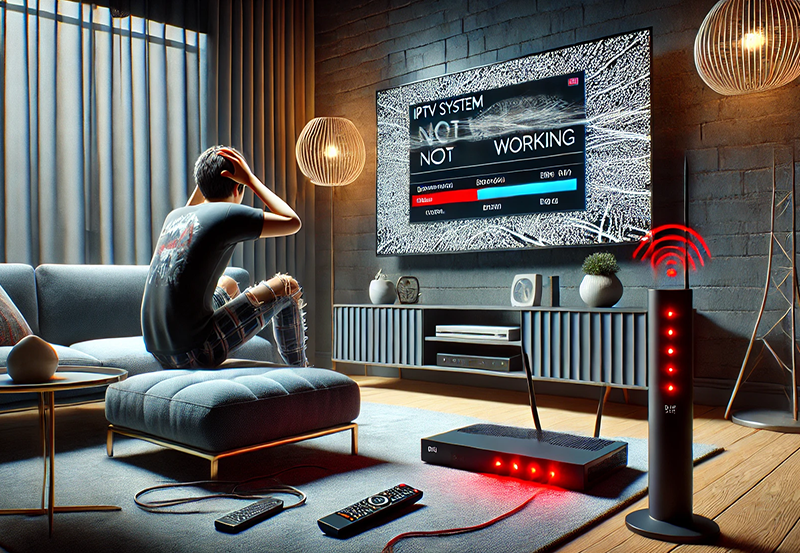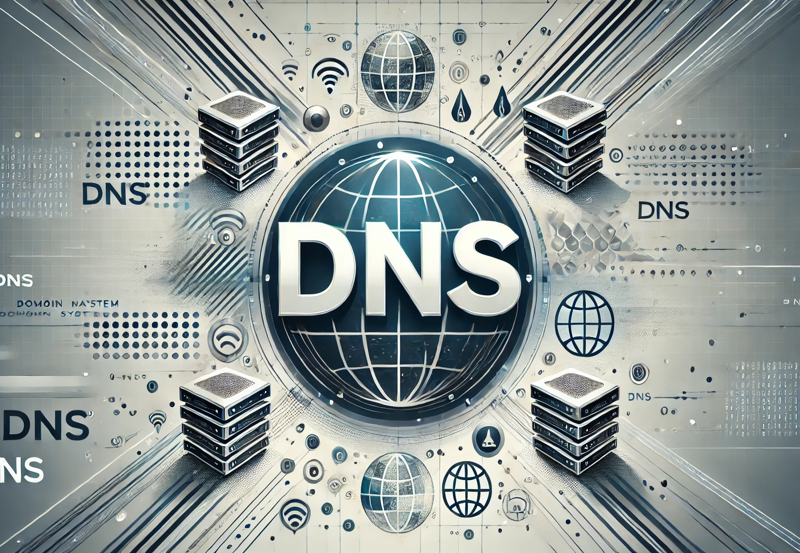Buffering issues streaming your favorite shows can make your IPTV viewing experience less than enjoyable. You’re not alone in this; many users face the same problem. Whether you’re watching sports, movies, or your favorite series, stoppages can spoil your fun. But fear not, because there are practical solutions you can try right now to transform your IPTV viewing habits.
Understanding the Causes of Buffering
Before tackling the issue, it’s crucial to understand what buffering is and why it happens. Essentially, buffering occurs when your internet connection isn’t fast enough to keep up with the playback speed. This could be due to a variety of reasons, such as internet speed, network congestion, or even the servers of your IPTV service providers.
Often, users blame their IPTV resellers when they encounter buffering issues, but the problem might lie elsewhere. By understanding these causes, you can take more effective action to reduce or eliminate buffering altogether.
Internet Speed: The Backbone of Smooth Streaming
One of the most common reasons for IPTV buffering is insufficient internet speed. Most IPTV service providers recommend a minimum download speed of at least 10 Mbps for standard definition and 25 Mbps for high definition. If your current internet speed doesn’t meet these requirements, buffering may become a regular occurrence.
Conduct a speed test to determine if your internet is up to par. There are several online tools available that can provide you with this data. Once you’ve established your speed, you might consider upgrading your plan with your internet service provider if it’s consistently too low.
Device Performance: An Overlooked Factor
Your device, whether it’s a smart TV, computer, or streaming box, plays a significant role in the quality of your IPTV streaming. Devices that are overloaded with apps or those with limited processing power can struggle to stream high-quality video effectively.
Check if there are apps you can uninstall or deactivate to free up memory resources. Regularly ensuring your device is up to date can also help maintain optimal performance for streaming.
Enhancing Your Network for Better Streaming
The network setup in your home is as crucial as your internet connection. A poorly configured network can lead to bottlenecks that slow down your streaming capability. want buy one year subscription
Optimize Your Wi-Fi
If you’re using a wireless connection, positioning your router strategically can make a big difference. Try to place it in a central location, free from obstructions and within clear line-of-sight to your devices. Elevate it if possible, and ensure it’s not surrounded by clutter.
Consider upgrading to a dual-band router, which can help alleviate congestion issues, especially in homes with multiple devices connected simultaneously.
Use a Wired Connection
For a more reliable connection, especially if your viewing device is stationary, switch to a wired Ethernet connection. This can provide more consistent speeds without interference from other devices or structural barriers in your house.
Ethernet connections are generally faster and more stable, providing your device with a direct line to your internet source. This often reduces buffering significantly.
Configuring IPTV Settings for Optimal Performance
Adjusting the settings within your IPTV service can also help reduce buffering. While most default settings are optimized for general use, tweaking them to match your specific circumstances can improve performance.
Adjust Video Quality
Most IPTV services allow you to adjust video quality settings. If your internet bandwidth is limited, switching to a lower resolution can reduce buffering. While it might mean a slight drop in picture quality, the trade-off can be worth it for a more continuous viewing experience.
Finding the right balance between quality and smooth playback is key. Experiment with different settings to see what works best for your setup.
Manage Concurrent Streams
If your IPTV service allows multiple streams, ensuring that bandwidth isn’t divided between too many active services can help. Ask other members in your household to limit their streaming during your time of use, or schedule your viewing for less busy times if possible.
Check with your IPTV reseller about possible package upgrades that may allow more data allocation per stream if limiting streams isn’t an option.
Exploring External Options to Reduce Buffering
If internal solutions and minor adjustments don’t rectify buffer troubles, exploring external enhancements might be necessary. External tools and services can supplement your setup to heighten performance.
Invest in a VPN
A VPN can help manage data packets more efficiently, sometimes boosting the stable performance of IPTV services. By choosing a VPN server closer to your IPTV’s origin, you might reduce latency and, by extension, buffering.
While VPNs can have their own challenges, such as speed reduction due to encryption, the benefits may outweigh the negatives, especially for those suffering from buffering tied to geographical restrictions or ISP throttling.
Utilize Buffering Apps
Several apps are specifically designed to tackle buffering issues. These applications can streamline data usage and clear up background processes that might be clogging up your bandwidth.
Regularly maintain these apps with the latest updates to ensure they’re operating efficiently for your needs.
Troubleshooting Persistent Buffering Problems
If you’ve tried all of the above and buffering persists, identifying external causes could be your next step. Sometimes, the root cause lies outside your immediate control, requiring a different approach.
Contacting IPTV Customer Support
If all else fails, reaching out to your IPTV service provider’s customer support can provide insights you hadn’t considered. They might be aware of current service issues or provide additional tips unique to their service capabilities.
IPTV resellers often have specialized knowledge on mitigating buffering with their unique systems, so they are worth consulting.
Consider Different Providers
If buffering remains incessant despite your efforts, it may be time to look into other providers. Some IPTV services are more robust than others, capable of handling heavier traffic without sacrificing quality.
Research new IPTV service providers and compare their reviews, offerings, and reliability. Sometimes, changing your service can provide the easiest fix to persistent problems.
A Creative Approach to IPTV Optimization
Improving your IPTV experience doesn’t have to stop at technical tweaks. Sometimes, embracing a more holistic view on streaming and its place in your life can lead to improvement.
Consider scheduling your viewing when you can fully immerse yourself without interruptions. Reevaluate your IPTV setup regularly, and continue to educate yourself about emerging technologies and practices to stay ahead of potential issues.
FAQ

What should I do first if my IPTV streams are buffering?
Start with an internet speed test to ensure you’re meeting the minimum requirements for your IPTV service. If speeds are low, contacting your internet provider for troubleshooting or plan upgrades might be beneficial.
Are VPNs effective for reducing buffering?
VPNs can help reduce buffering by managing data flow more effectively and providing a more stable connection path. However, they can also decrease speed slightly due to encryption overhead, so it’s best to test and see if it helps in your particular case.
How often should I restart my streaming device?
Restarting your device once a week can prevent slowdowns caused by background processes. It helps clear cached data and can improve overall performance.
Can too many devices on my network cause buffering?
Yes, having multiple devices actively using bandwidth can lead to network congestion, causing buffering on your IPTV service. Limiting active devices during your viewing time can help.
What equipment upgrades can enhance IPTV streaming?
Consider upgrading to a dual-band router, investing in Ethernet cables for wired connections, or enhancing your device’s processing power for better performance across the board.
When should I contact IPTV customer support?
If you’ve tried optimizing your setup and resolving issues but buffering persists, reaching out to your IPTV provider’s support can uncover solutions you might not have considered or inform you of current service disruptions.
Are there specific apps that help reduce buffering?
Yes, there are buffering apps available that optimize data use and streamline device performance. Make sure they’re up-to-date and properly configured for the best results.
IPTV Black Screen Fixes: Diagnosing and Solving Display Problems





